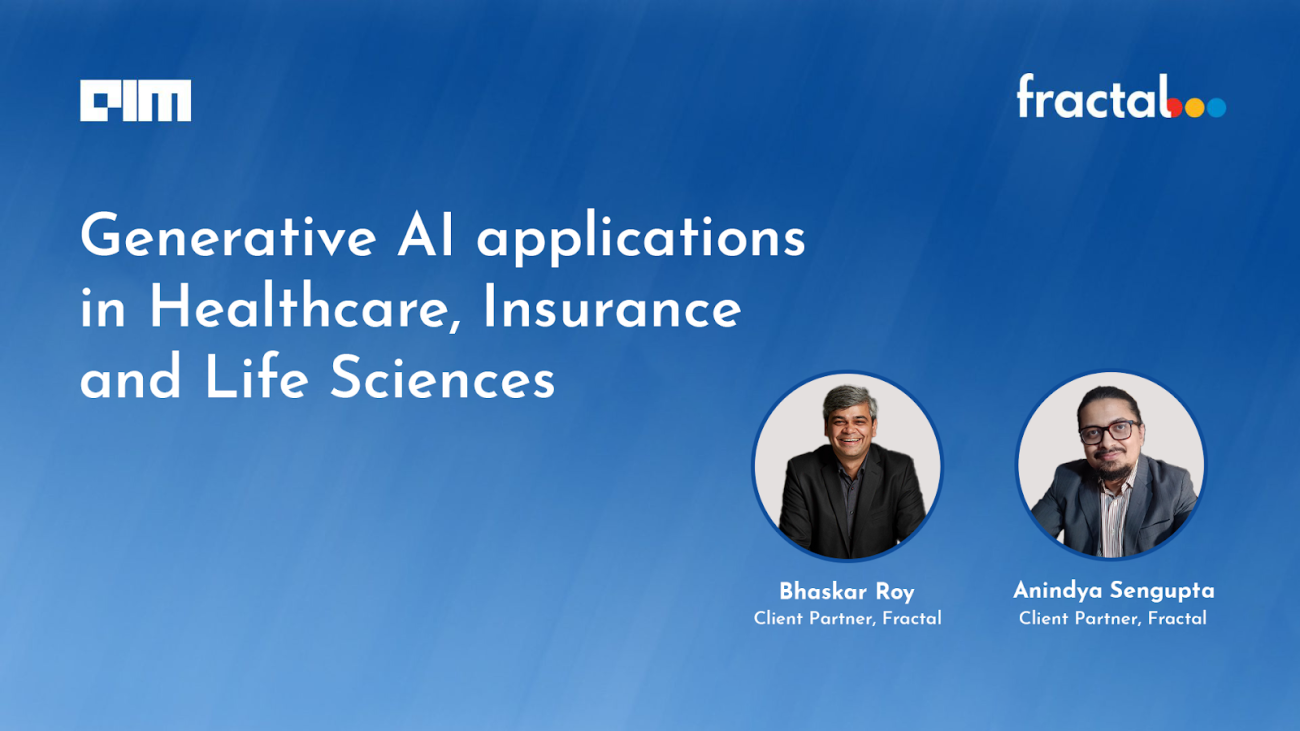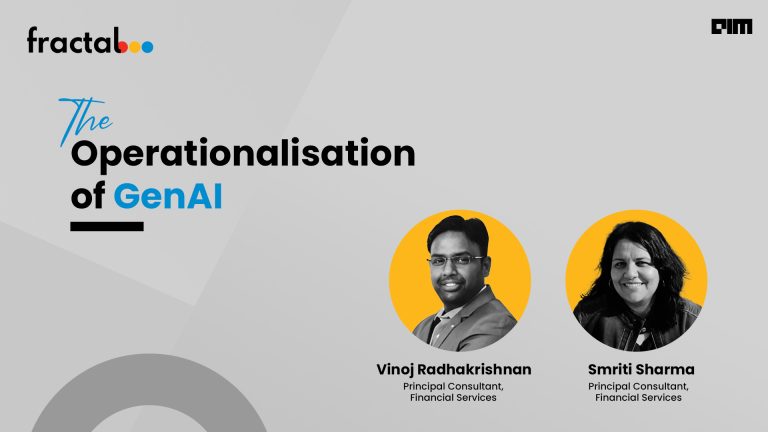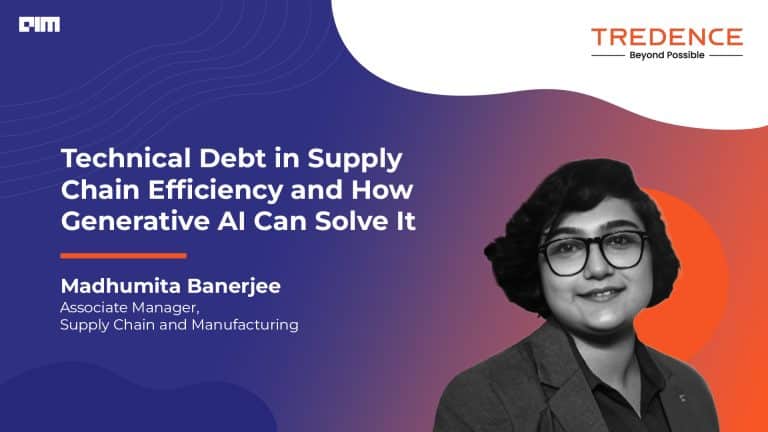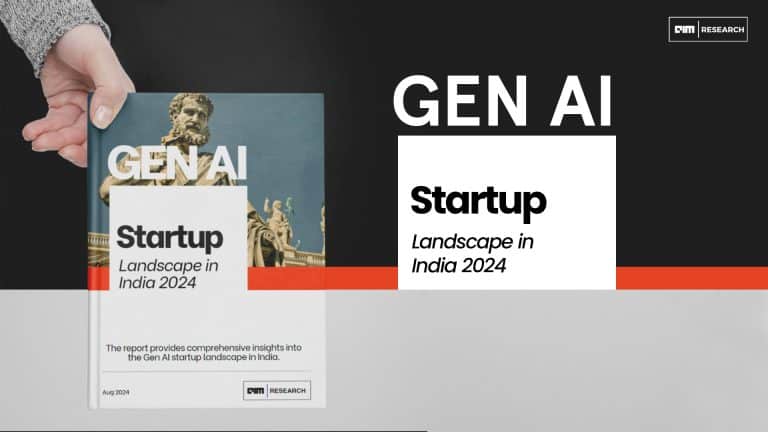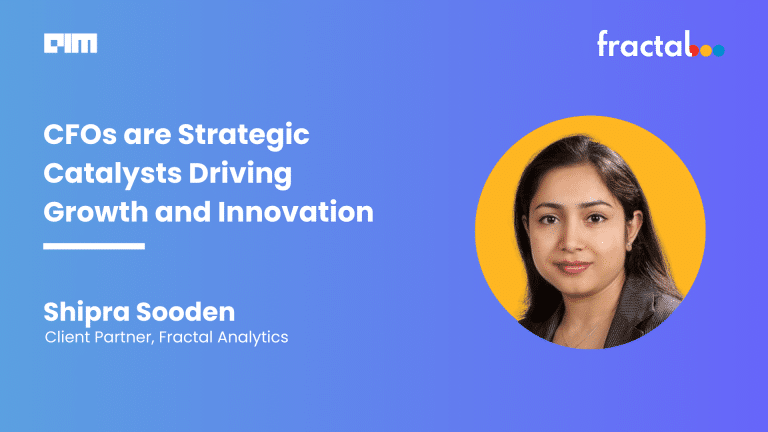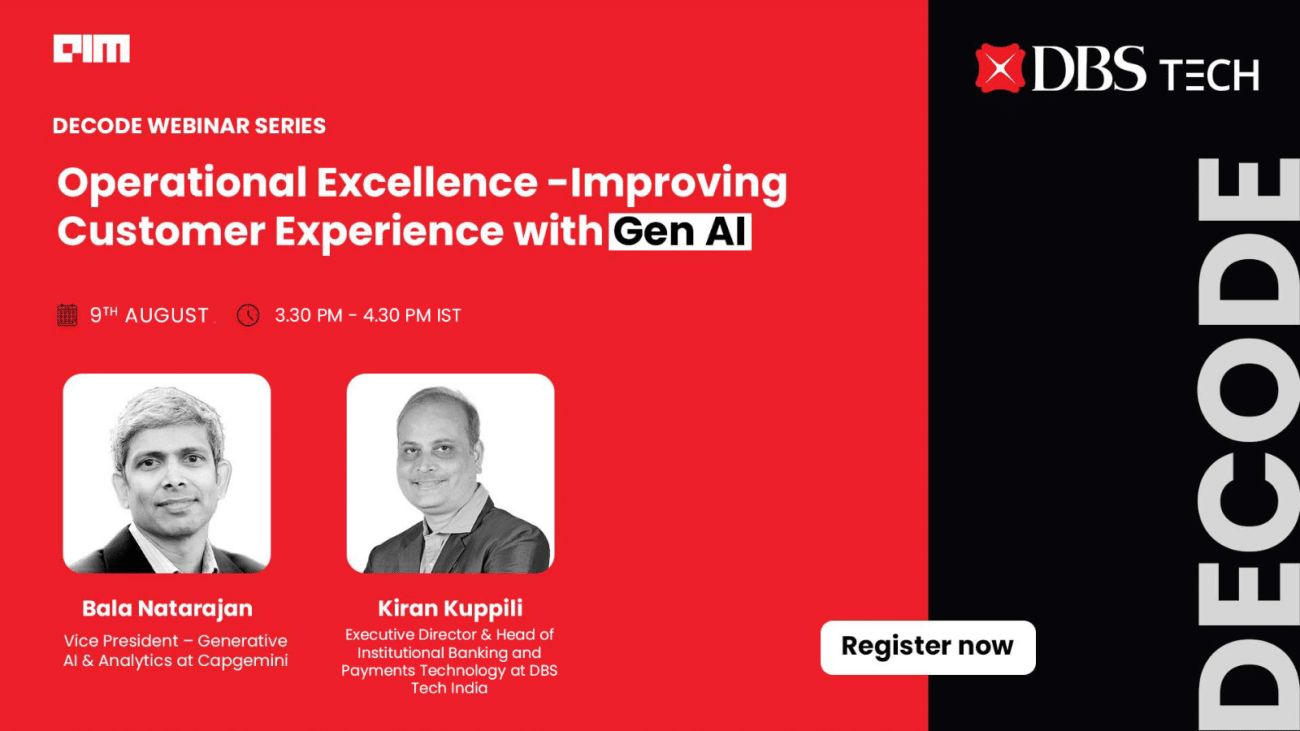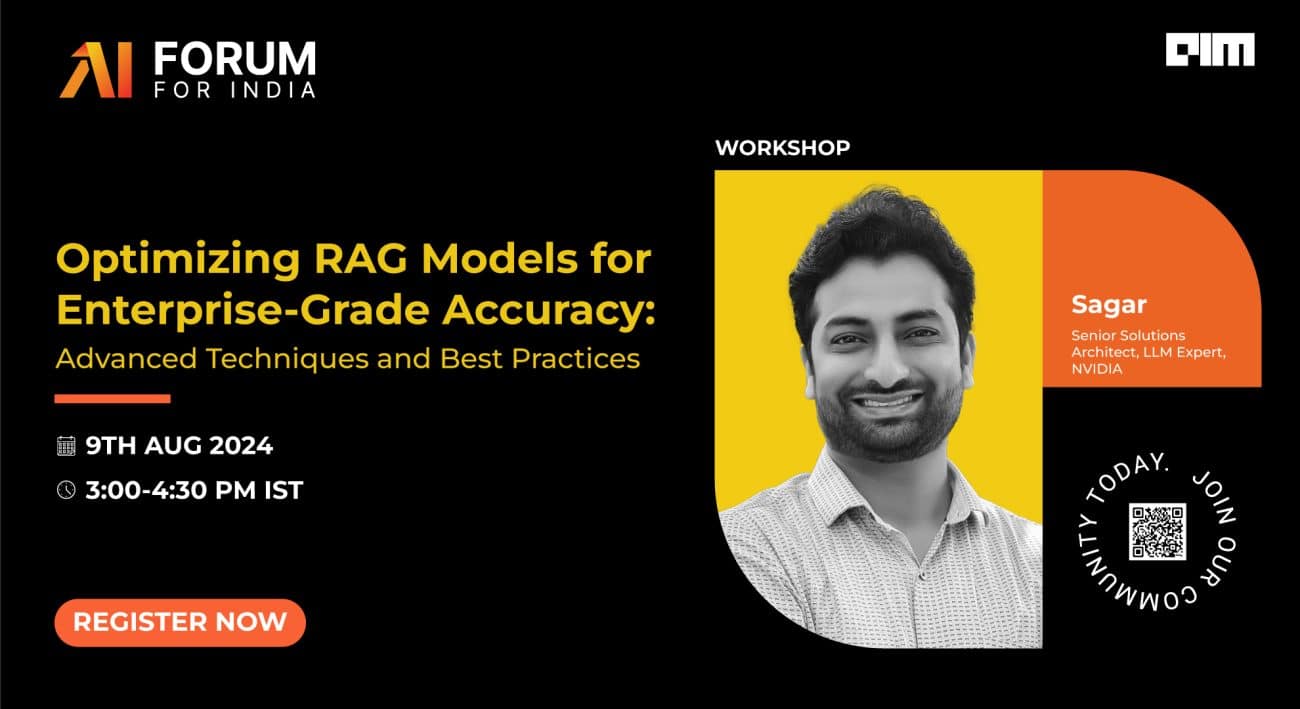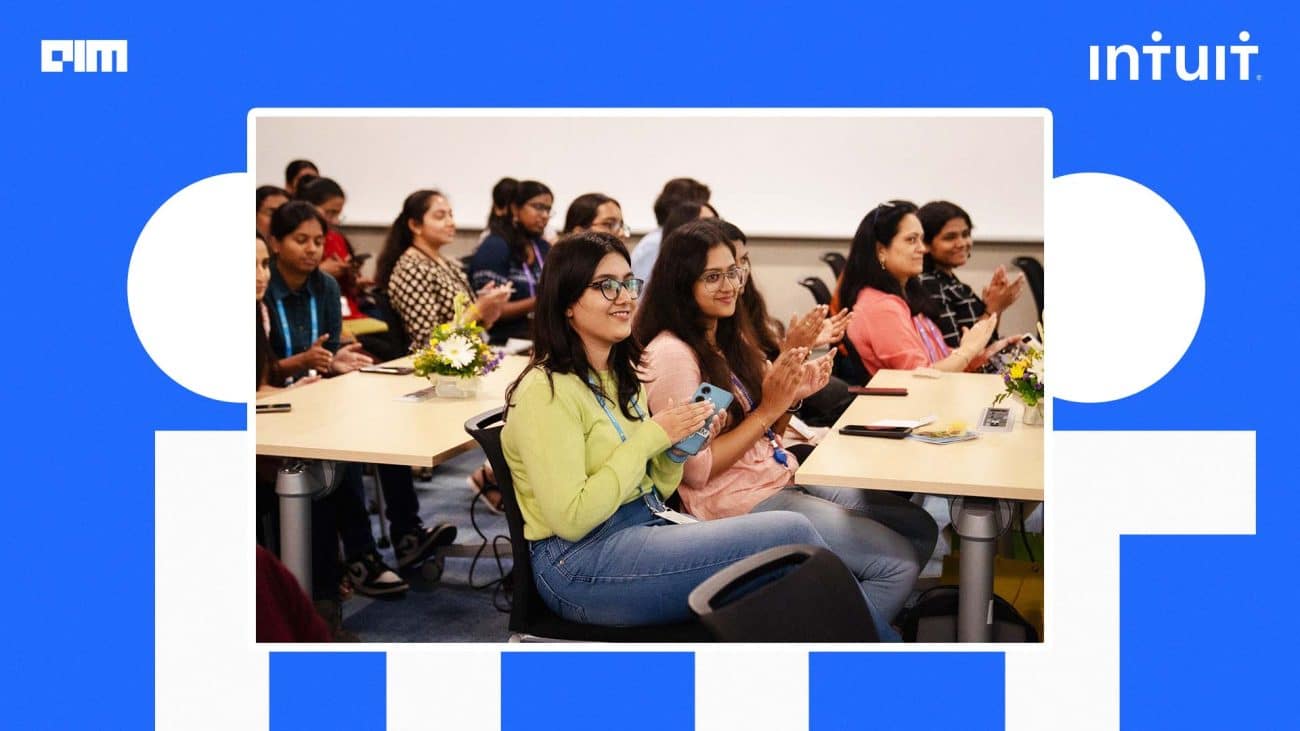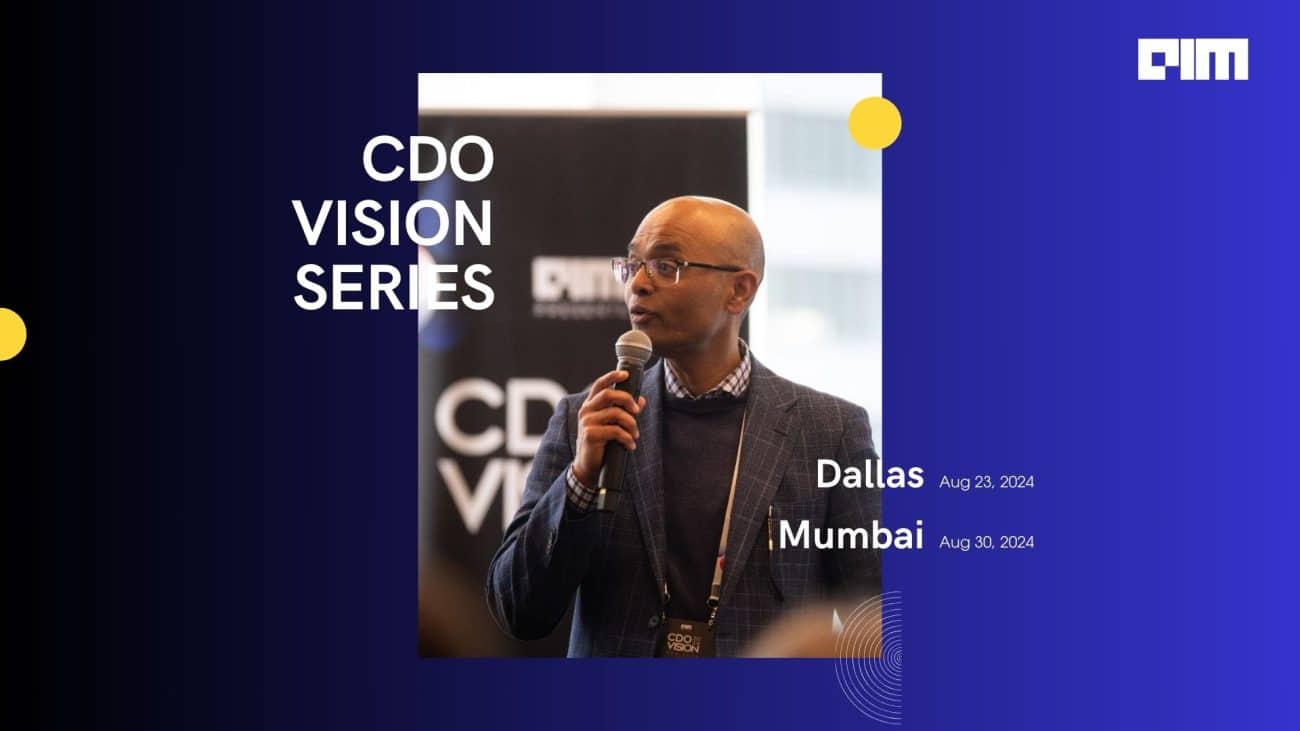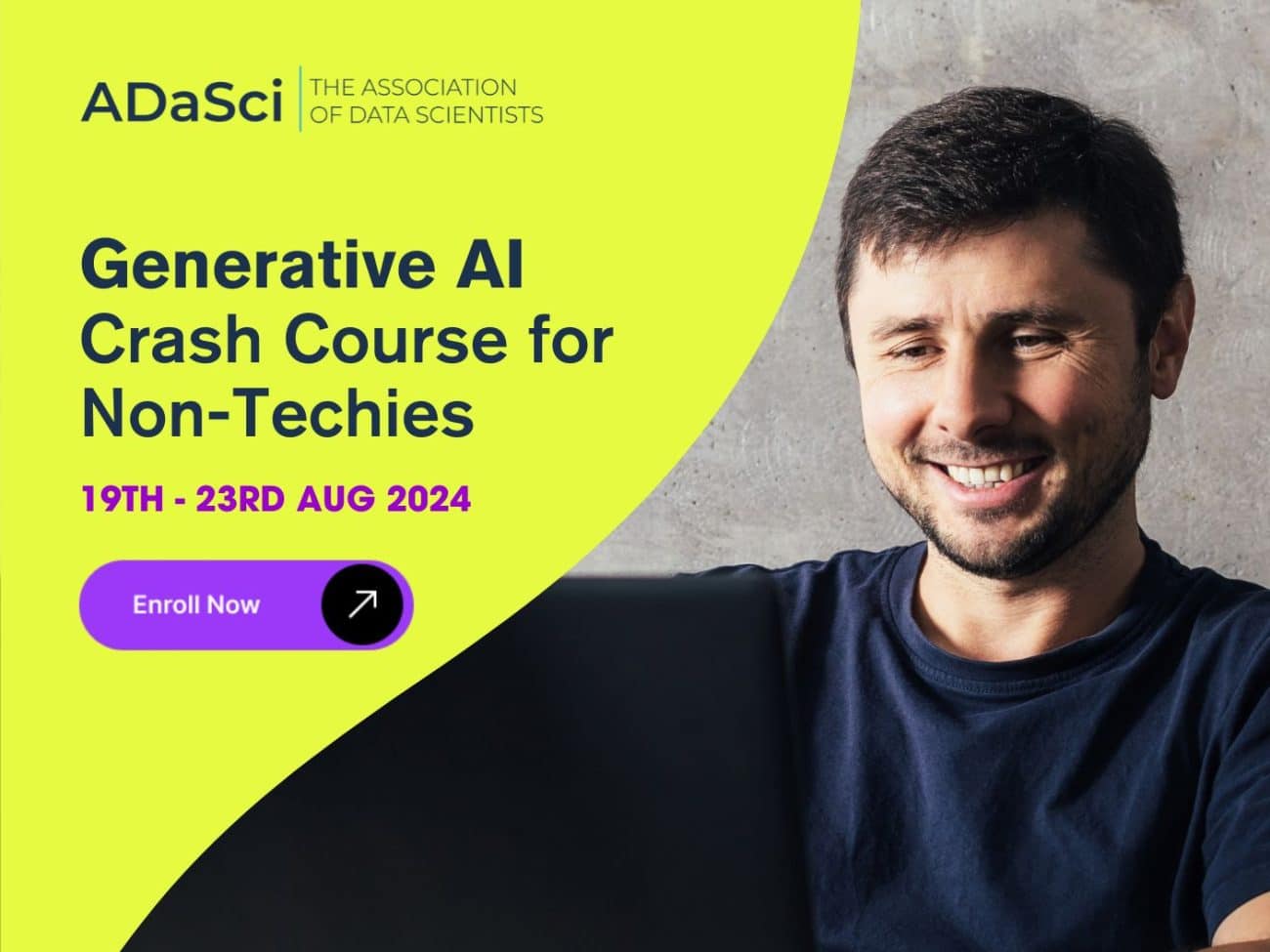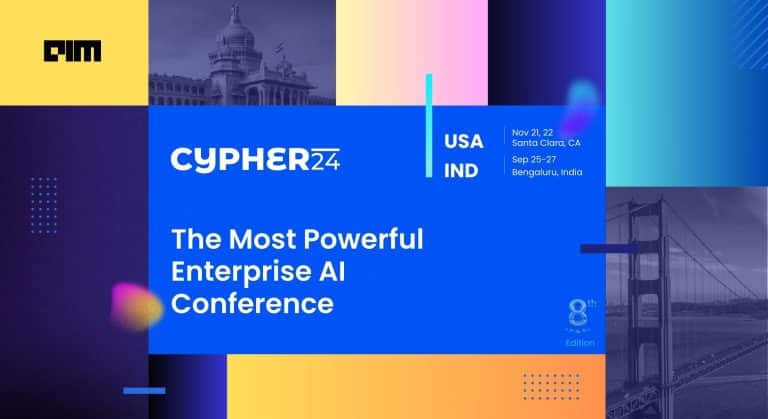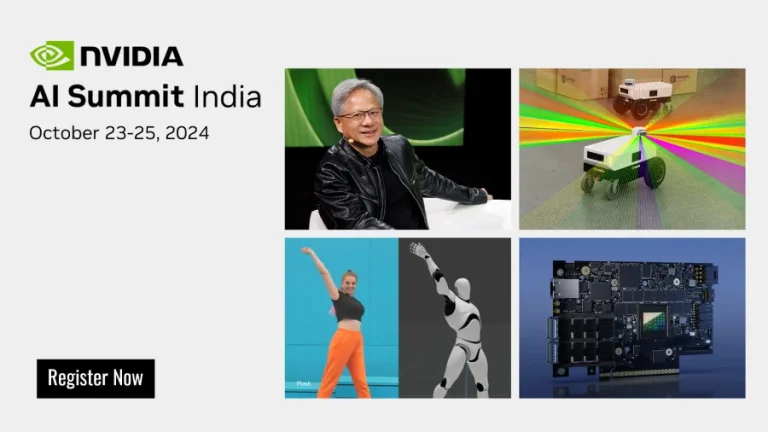|
Listen to this story
|
AI has been making significant contributions to the healthcare sector for several years. From improving medical adherence to patient analytics and solving complex problems within the pharmaceutical industry, AI has been leveraged to enhance various aspects of healthcare. However, the adoption of AI in the life sciences sector has been relatively slow compared to other industries.
The COVID-19 pandemic and the digital era have prompted increased openness towards AI in healthcare and insurance. Fractal, a leading AI solutions provider, believes that generative AI holds great potential for transforming these sectors. In a conversation between Bhaskar Roy, Client Partner and Bangalore Center Head at Fractal and Anindya Sengupta, Client Partner, Insurance and Healthcare at Fractal, AIM discusses the applications of generative AI, ethical considerations, collaborations between insurance companies and healthcare providers, and the promising avenues for the future.
AIM: How is generative AI being used in the healthcare industry?
Roy begins by highlighting that AI has been used in healthcare for a long time, particularly in areas like medical adherence and patient analytics. However, the adoption of AI in the life sciences sector has been slower compared to other industries. The COVID-19 pandemic has accelerated the digital transformation in healthcare, leading to increased interest and openness towards AI in the industry.
Anindya adds that there are two aspects of the healthcare business: the provider side, focusing on patient journeys and outcomes, and the payer side, involving health insurance companies. He emphasises the significance of using generative AI to simplify processes and improve customer experience on the payer side. Insurance companies can play a crucial role in streamlining the claim process using generative AI and enhance various aspects of it.
AIM: What are the ethical considerations when it comes to using AI in healthcare related to privacy of data of patients?
Roy and Anindya acknowledge the importance of maintaining privacy and data security when developing algorithms and solutions. They stress the need for accountability and the mitigation of biases in AI systems. Healthcare is a critical sector where wrong decisions can have drastic consequences, making responsible AI implementation essential.
An example is discussed where ChatGPT was used to analyse a dog’s medical records and determine the effectiveness of its treatment. This raises an ethical question regarding attributing the treatment’s success to the AI model or the previous veterinarian’s expertise. Such ethical dilemmas need to be addressed when integrating AI into healthcare and insurance. Hence the importance of responsible AI becomes paramount with the more use of generative AI.
AIM: What is the relationship between insurance companies and using generative AI in healthcare?
Anindya explains that hospitals and insurance companies often collaborate on aspects such as managing readmission rates and analysing claim data. These collaborations enable data sharing and facilitate the development of AI solutions that benefit both parties. For example, insurance companies can provide data that helps pharmaceutical companies understand treatment outcomes and improve patient analytics.
Patient consent and the ethical considerations surrounding data sharing between pharma and insurance companies is also of utmost importance. Currently, there may not be explicit options for patients to opt-out of their data being used for generative AI services. However, as the industry matures, regulations and guidelines surrounding patient consent and data usage will likely be established.
Roy explains that collaboration between insurance companies and healthcare providers is vital. Hospitals often partner with insurance companies to manage aspects such as readmissions and leverage insurance data for monitoring patient outcomes. Data collaborations between pharmaceutical companies, insurance providers, and healthcare practitioners are necessary to gather patient data effectively. Generative AI can assist in patient analytics and help pharmaceutical companies gain insights into patient data through collaboration with insurance companies.
AIM: What are the future avenues of using generative AI in healthcare and life sciences?
Roy identifies three promising avenues for generative AI in healthcare and life sciences. Firstly, personalised medicine holds significant potential. Generative AI can combine patient data to match specific characteristics with ideal drugs, enabling targeted treatments.
Secondly, repurposing existing drugs for new diseases can be achieved through generative AI, providing opportunities for medical advancements.
Thirdly, generative AI can streamline the drug discovery process, identifying suitable compounds and “short-circuiting” the time-consuming stages leading to clinical trials. This can make drug development more feasible and affordable.
Anindya adds a global context to the discussion. He said that health insurance is considered part of general insurance outside the US, emphasising the close relationship between life and health coverage. Throughout the world, life and health insurance are typically treated as a unified entity by major insurance companies.
Within the industry, two key departments play a significant role: agencies and underwriting. Agencies drive the industry, employing agents to facilitate sales. Underwriting involves the pricing and risk assessment of insurance policies. However, these departments face a challenge related to an ageing workforce, with many employees approaching retirement in their mid-50s. Attracting younger talent to fill these positions has proven difficult, resulting in a knowledge and experience gap.
Generative AI can act as a knowledge assistant, which can help address this challenge. By leveraging the knowledge and expertise of experienced professionals, a digital twin can be created to assist in training new agents and underwriters. Acting as a knowledge assistant, this technology has the potential to significantly boost productivity for the newer workforce in the life and health insurance industry.
Discussions and conferences with industry CEOs have revealed that the ageing workforce is a major concern for insurance companies. The implementation of generative AI, through the use of knowledge assistants, offers a solution to bridge the experience gap and improve the productivity of newer agents and underwriters in the industry.



